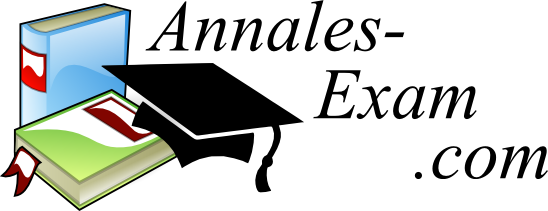Please read the bold text before answering.
A colleague has shown me that one of his students has posted exam questions with answers , and prior assignments with answers to a commercial web site intended to communicate such material to other students. Sadly, I am the chair of the university's Honor Council and the question of whether these actions rise to the level of academic misconduct has landed in my lap.
Also sadly, I am ill-equipped to have an opinion. Almost every assignment I've given in the last ten years is available on the public web and I return assignments with critiques. I give pen-and-paper tests and return them to the students, then go over the questions and give the correct answers in class. There are thousands of copies of my old exams around, many of them with answers that were either correct to begin with or corrected post facto. I am sure there are fat binders in fraternity and sorority houses with that material.
I can get all legalistic and ask, "Well... did you tell him not to do that?" In fact, I am in the process of finding that out. I am pretty sure that widespread commercial distribution of questions with answers is bad. My concern is whether contributing this information to such a web site rises to the level of academic misconduct.
So, here is a question that has an answer rather than leading to discussion: Are there universities that prohibit students from contributing material created by the faculty, such as exams or assignments, to commercial web sites the purpose of which is supplying that material to other students? If so, how is that prohibition worded and how is it enforced?
September 10: This has been edited by several people, and several people have added tags. I've just edited it myself to remove the word "cheaters" from the description of the commercial web sites involved in this case, and which are in general the subject of the question. I've also deleted most of the tags, leaving only "ethics" and "policy."
November 15: Thanks for the responses. After a certain amount of back and forth, my institution has adopted the following (voluntary) syllabus language: "Some lecture slides, notes, or exercises used in this course may be the property of the textbook publisher or other third parties. All other course material, including but not limited to slides developed by the instructor(s), the syllabus, assignments, course notes, course recordings (whether audio or video) and examinations or quizzes are the property of the University or of the individual instructor who developed them. Students are free to use this material for study and learning, and for discussion with others, including those who may not be in this class, unless the instructor imposes more stringent requirements. Republishing or redistributing this material, including uploading it to web sites or linking to it through services like iTunes, violates the rights of the copyright holder and is prohibited. There are civil and criminal penalties for copyright violation. Publishing or redistributing this material in a way that might give others an unfair advantage in this or future courses may subject you to penalties for academic misconduct." [emphasis in the original]
December 8, 2017: I just received a request from someone at another institution to use the language above. Although it was adopted by my institution, I wrote it, and I now contribute it to the public domain. Use it as-is or modified, with no need to attribute it or otherwise give credit.

